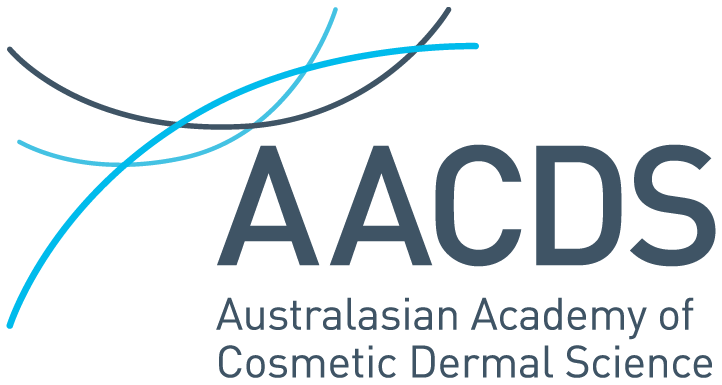New Changes in Cosmetic Injectable Advertising Regulations

In a significant move affecting the cosmetic injections and aesthetic industry, the
Therapeutic Goods Administration (TGA) in Australia announced adjustments to
advertising rules surrounding Schedule 4 substances. This decision, communicated
through a letter dated January 15, 2024 addresses the use of general terms such as
‘anti-wrinkle injections’ and ‘dermal fillers’ in advertising materials for cosmetic
injectables.
Ban on General Terms:
The TGA, in its letter addressed to the industry group, explicitly banned the use of
terms such as ‘anti-wrinkle injections’ and ‘dermal fillers’ in advertising cosmetic
injectables. The rationale behind this prohibition is that these terms allude to
prescription-only products. Instead, the TGA suggests alternative phrases like ‘our
clinic can provide consultations on reducing the appearance of wrinkles’ to support
the advertising of services without explicitly mentioning prescription medicines.
TGA’s Position and Legal Implications:
Kate Kaylock, the TGA’s Assistant Director of Advertising and Compliance Education
and Policy, emphasised the need for consistent application of legislation related to
the advertising of therapeutic goods across all industry sectors. The letter pointed
out that advertising referring to substances in Schedule 3, 4 or 8 of the Poisons
Standard is considered an offence. The promotion of health services implying the
use of prescription medicines is deemed illegal, reinforcing the principle that
decisions involving prescription medicine should be made by a doctor in consultation
with individual patients.
Immediate Changes and Revised Guidance:
The TGA’s directive came into effect on December 18. 2023, when previously
accepted terms were removed from the TGA website. The TGA has committed to
publishing revised guidance on the Advertising for Health Services webpages by mid
to late January 2024. Additionally, an educational webinar is scheduled for February
2024 to further elucidate the industry on these changes.
Ongoing Monitoring and Enforcement:
Highlighting the importance of compliance, the TGA listed detecting and disrupting
unlawful advertising of unapproved and high-risk medicines and medical devices as
one of its Compliance Priorities for 2023-2024. This extends to the wellness and
beauty industries, including those offering treatments to alter the body’s performance
and appearance. The letter serves as a timely reminder to the cosmetic injectable
industry about the TGA’s expectations regarding advertising requirement.
Conclusion:
In the realm of cosmetic aesthetics, staying informed is paramount. The TGA’s
recent adjustments signal a broader transformation in the cosmetic surgery sector in
Australia and as cosmetic nursing professionals, adapting to these changes is
pivotal. Watch this space for further updates in February!

